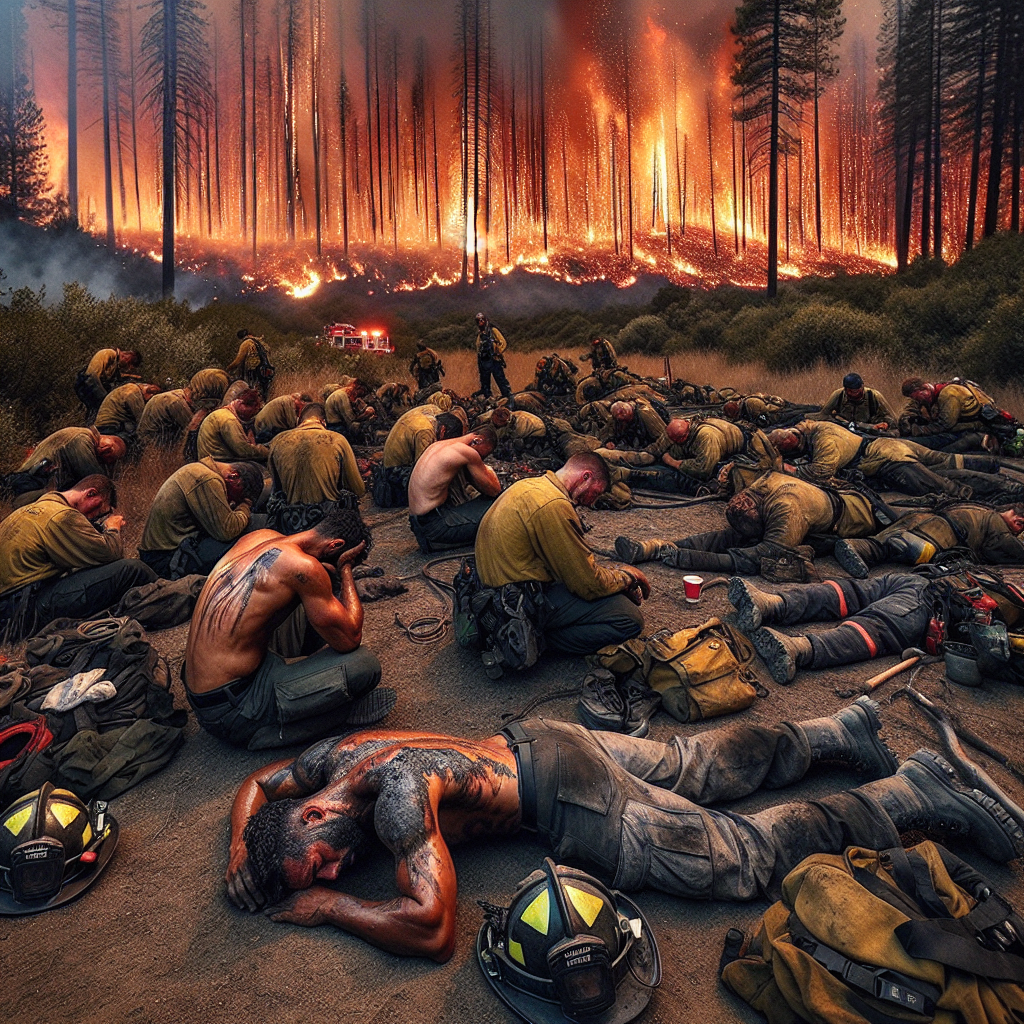Underpaid and Overworked: Why US Wildland Firefighters Are Leaving the Job
Underpaid and Overworked: Why US Wildland Firefighters Are Leaving the Job
The Growing Crisis in Wildland Firefighting
Wildland firefighters in the United States are facing a critical situation as increasing numbers are leaving their jobs. This trend is driven by a combination of inadequate compensation, overwhelming workloads, and insufficient support, which are pushing these essential workers to seek alternative employment.
Key Challenges Faced by Wildland Firefighters
- Inadequate Pay: Despite the high-risk nature of their work, many wildland firefighters receive wages that do not reflect the dangers and demands of their job.
- Excessive Workloads: With the intensification of wildfires due to climate change, firefighters are working longer hours under increasingly hazardous conditions.
- Lack of Support: Many firefighters report insufficient mental health resources and support systems to cope with the stress and trauma associated with their work.
Impact on Firefighting Efforts
The exodus of experienced firefighters is leading to a shortage of skilled personnel, which could compromise the effectiveness of wildfire response efforts. This shortage poses a significant risk to communities vulnerable to wildfires, as well as to the safety of remaining firefighting teams.
Potential Solutions and Future Outlook
- Improved Compensation: Advocates are calling for better pay and benefits to attract and retain skilled firefighters.
- Enhanced Support Systems: Implementing robust mental health and wellness programs could help address the psychological toll of firefighting.
- Policy Reforms: Legislative changes are needed to ensure sustainable working conditions and resources for firefighting teams.
Conclusion
The departure of wildland firefighters due to underpayment and overwork is a pressing issue that threatens the nation’s ability to effectively combat wildfires. Addressing this crisis requires immediate action to improve compensation, reduce workloads, and provide comprehensive support systems. Without these changes, the safety of both firefighters and the communities they protect remains at risk.

































